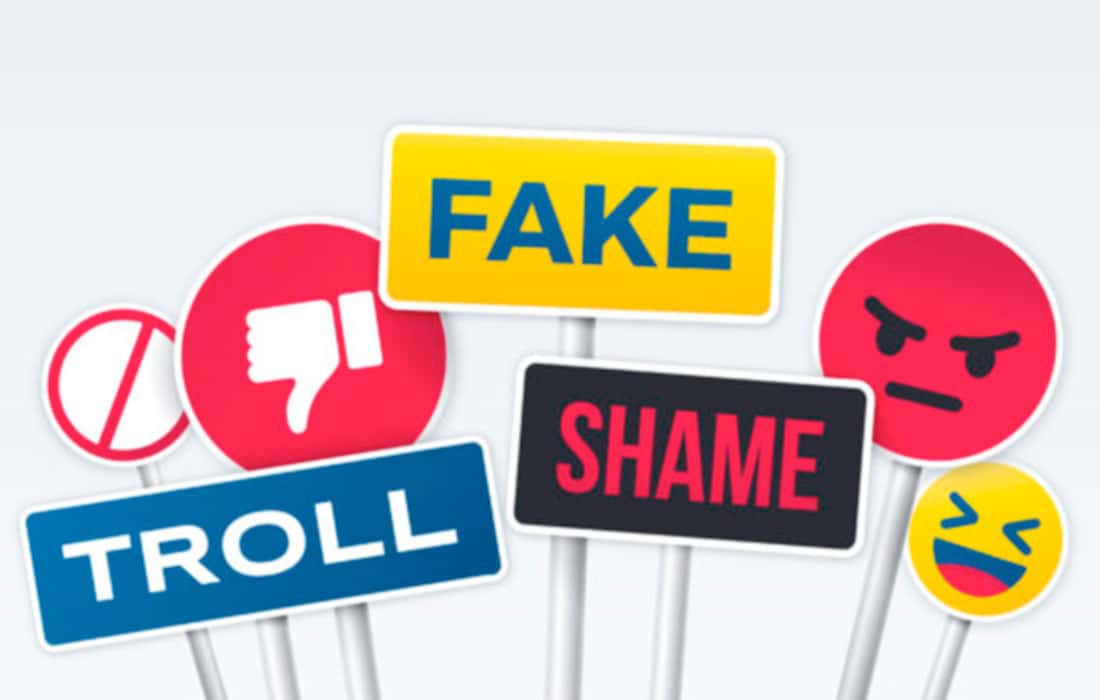How are politicians are using fake news to mislead voters?
Thu 02 Nov 2023
Politicians have been known to use fake news or disinformation tactics for various purposes, often to advance their political agendas or manipulate public opinion. Here are some ways in which politicians have been observed using fake news:
- Propaganda and Influence: Politicians may use fake news to disseminate propaganda, misleading narratives, or false information to manipulate public perception. This can include spreading positive or negative stories about themselves or their opponents, depending on their goals.
- Scapegoating and Misdirection: Some politicians use fake news to divert attention away from pressing issues or scandals by creating distractions or scapegoating certain groups or individuals. This can create division and divert blame from the politician responsible for the problem.
- Gaining Electoral Advantage: Fake news can be used during election campaigns to smear opponents or discredit rival parties. False accusations, manipulated images or videos, and deceptive claims can be strategically deployed to damage an opponent’s reputation.
- Fomenting Fear and Polarization: Politicians may employ fake news to amplify fear, outrage, and polarization. By spreading misinformation about certain groups or issues, they can rally their base and consolidate support.
- Social Media Manipulation: Social media platforms are popular tools for the rapid spread of fake news. Politicians or their supporters may use bots, troll farms, and fake accounts to amplify their messaging, creating the illusion of widespread support or outrage.
- False Promises and Pledges: Some politicians use fake news to make unrealistic or misleading promises to gain support from the electorate. These promises may be impossible to fulfill but can sway voters during campaigns.
- Lack of Accountability: In some cases, politicians may avoid accountability by dismissing credible news sources as “fake news” when they report unfavorable information. This undermines public trust in the media and can create confusion.
- Misrepresenting Data: Politicians might misuse data or present statistics in a misleading way to support their arguments or policies, even if these representations are not accurate.
- Conspiracy Theories: Some politicians may promote or endorse conspiracy theories as a way to advance their agendas or discredit opponents. These can range from allegations of election fraud to health-related misinformation.
- Censorship Claims: Politicians might use allegations of censorship or bias by social media platforms and tech companies to rally their base and create a perception of victimization, even if these claims are not substantiated.
Some examples of how politicians have used fake news or disinformation tactics:
- 2016 U.S. Presidential Election: During the 2016 U.S. presidential campaign, there were allegations of fake news and disinformation campaigns. For instance, false stories circulated on social media platforms claimed that Pope Francis had endorsed Donald Trump, and that Hillary Clinton was involved in a child sex trafficking ring in a pizzeria, known as the “Pizzagate” conspiracy. These stories were widely debunked but still spread rapidly.
- Brexit Campaign: During the Brexit referendum in the United Kingdom in 2016, both sides were accused of using misleading information. The “Leave” campaign faced criticism for the claim that the UK sends £350 million per week to the European Union, which was debunked but widely publicized.
- COVID-19 Misinformation: Various politicians around the world, including former U.S. President Donald Trump, promoted misinformation about COVID-19. This included claims that certain medications were effective against the virus, downplaying the severity of the pandemic, and promoting conspiracy theories about its origin.
There have been several instances of fake news and disinformation being used in the political context in India:
- WhatsApp Rumors Leading to Lynchings: In 2018, there were numerous instances of fake news and rumors spreading through WhatsApp in India, resulting in mob lynchings. False messages about child kidnappings and organ harvesting gangs led to violent incidents. Some political leaders were accused of not doing enough to curb the spread of such false information.
- Political Disinformation: Various political parties in India have been accused of using fake news and manipulated images or videos to target opponents. This includes circulating misleading information about rival candidates or parties during election campaigns.
- Social Media Manipulation: During election campaigns, there have been reports of politicians or political parties employing social media manipulation tactics, such as the use of fake accounts, bots, and paid trolls to amplify their messaging, discredit opponents, or spread disinformation.
- Conspiracy Theories: Indian politicians, like politicians in other countries, have at times promoted conspiracy theories. For example, there have been claims that COVID-19 was a bioweapon or that the virus was deliberately created and released by certain countries.
- Selective Use of Information: Politicians have been accused of selectively using information and statistics to support their narratives while downplaying or ignoring contrary evidence.
- Religious and Communal Disinformation: India has also seen the spread of disinformation and fake news related to religious and communal issues, often with political implications. False stories and images are sometimes used to create tensions or polarize communities for political gains.
It’s important for the public to remain vigilant and critical when consuming political information and to be aware of these tactics. Media literacy, fact-checking, and a willingness to engage with a variety of perspectives can help individuals better assess the credibility of information and understand the motivations behind its dissemination by politicians. Holding politicians accountable for their use of fake news is a crucial aspect of maintaining a healthy and informed democracy.

 May 03 2024
May 03 2024












